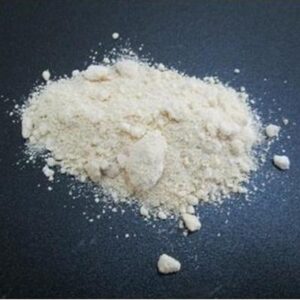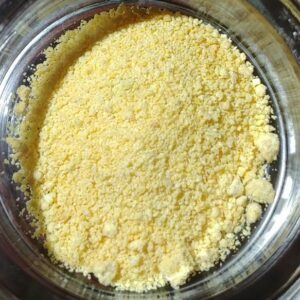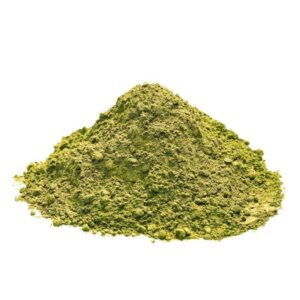Psychedelics
Psychedelics: Unlocking the Mind’s Potential
Introduction to Psychedelics
Psychedelics are substances that alter perception, mood, and cognitive processes. These compounds, known for their ability to induce profound changes in consciousness, have been used for centuries in cultural and spiritual practices. Today, psychedelics are experiencing a resurgence in popularity due to their potential therapeutic benefits for mental health conditions like depression, PTSD, and anxiety.
What Are Psychedelics?
Psychedelics are a class of hallucinogenic substances that influence serotonin receptors in the brain. Some common examples include:
-
LSD (Lysergic Acid Diethylamide): A potent synthetic hallucinogen.
-
Psilocybin: Found in “magic mushrooms.”
-
DMT (Dimethyltryptamine): Often referred to as the “spirit molecule.”
-
MDMA (Ecstasy): Known for its empathogenic effects, though technically not a classical psychedelic.
A Brief History of Psychedelics
-
Ancient Use: Indigenous cultures worldwide have used psychedelics in spiritual ceremonies for thousands of years. For example, psilocybin mushrooms were used by the Aztecs, and ayahuasca remains central to Amazonian tribal rituals.
-
The 20th Century Boom: Psychedelics gained global recognition during the 1950s and 1960s, thanks in part to researchers and figures like Timothy Leary.
-
Prohibition Era: By the late 1960s, many governments banned psychedelics, halting research and criminalizing their use.
-
Modern Renaissance: Since the 2000s, a resurgence in research and cultural interest has reignited debates about the benefits and risks of psychedelics.
Therapeutic Potential of Psychedelics
Emerging studies suggest psychedelics have transformative potential in treating mental health disorders. Here’s a breakdown of their benefits:
1. Treatment for Depression and Anxiety
Clinical trials have shown that psilocybin-assisted therapy can alleviate symptoms of treatment-resistant depression and end-of-life anxiety.
2. PTSD Recovery
MDMA-assisted therapy is gaining recognition for its ability to help individuals process and overcome trauma, with FDA approval potentially on the horizon.
3. Addiction Recovery
Substances like ibogaine and psilocybin show promise in breaking cycles of addiction, particularly for alcohol and nicotine dependency.
4. Enhanced Creativity and Mindfulness
Many users report increased creativity, self-awareness, and mindfulness after psychedelic experiences.
Risks and Considerations
While psychedelics offer immense potential, they are not without risks. Understanding these is crucial for safe and responsible use.
1. Mental Health Risks
-
Potential for exacerbating existing conditions like schizophrenia.
-
Risk of challenging experiences or “bad trips.”
2. Physical Risks
-
Interaction with certain medications or pre-existing conditions.
-
Improper dosage can lead to distressing or dangerous outcomes.
3. Legal Risks
Psychedelics remain illegal in many countries. Users must be aware of the legal landscape in their region.
Legal Status of Psychedelics Around the World
-
United States: Certain states like Oregon have decriminalized psilocybin, while MDMA is in advanced clinical trials for approval.
-
Canada: Psilocybin is permitted for therapeutic use in specific cases.
-
Netherlands: “Magic truffles” are legally available.
-
South America: Ayahuasca ceremonies are widely accepted in countries like Peru and Brazil.
The Psychedelic Renaissance
Organizations like MAPS (Multidisciplinary Association for Psychedelic Studies) and Johns Hopkins University are at the forefront of modern research. From clinical trials to mainstream media coverage, psychedelics are transitioning from taboo to tools of healing.
FAQs About Psychedelics
1. Are psychedelics safe?
When used responsibly under professional guidance, psychedelics have a strong safety profile. However, individual reactions can vary.
2. Can I take psychedelics legally?
The legal status depends on your location. Some places have decriminalized or allowed therapeutic use, but many countries still classify them as illegal substances.
3. What is microdosing?
Microdosing involves taking small, sub-perceptual doses of psychedelics to enhance creativity, focus, or mood without experiencing a full trip.
4. How do I prepare for a psychedelic experience?
Set (mental state) and setting (environment) are critical. Being in a safe, controlled environment with a trusted guide or sitter is highly recommended.
5. Are psychedelics addictive?
Most psychedelics are not physically addictive. However, psychological dependency can occur in rare cases.
Showing all 4 results




